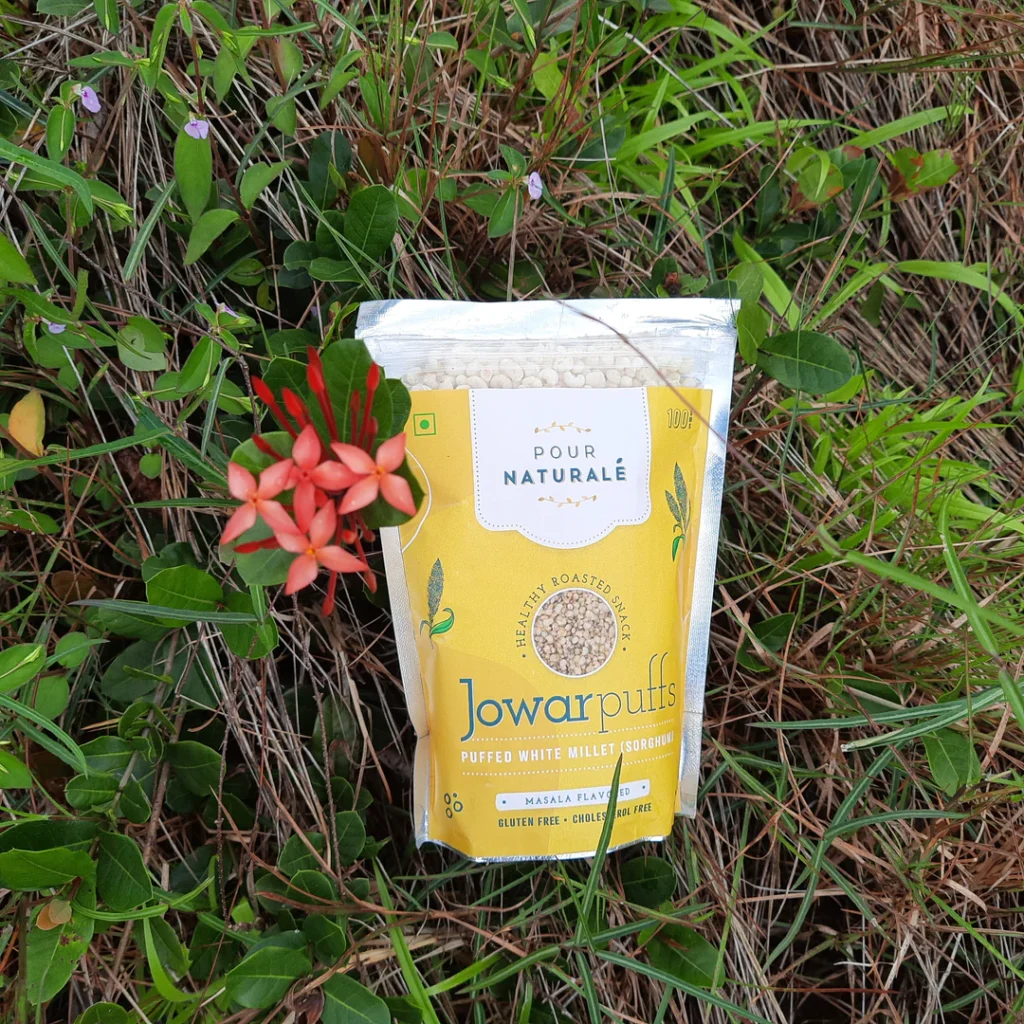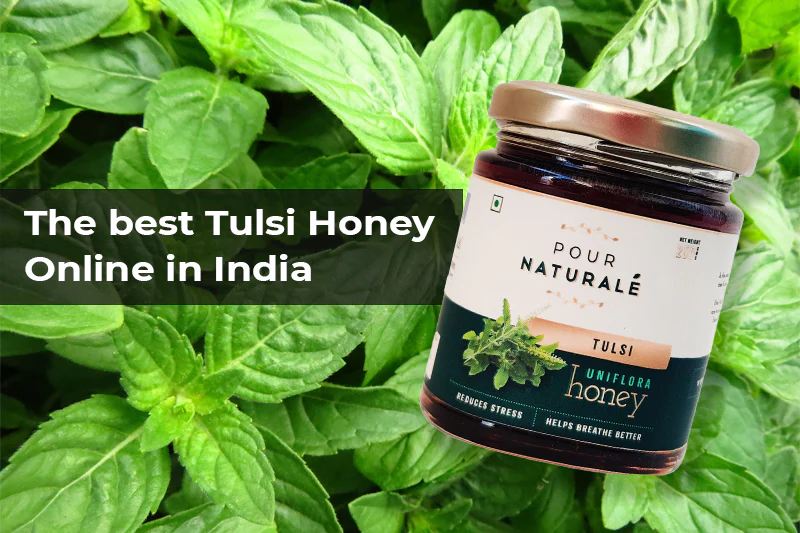
Millet is a highly sustainable grain that offers a range of environmental benefits. Its ability to grow in a variety of climates and soil types makes it a valuable crop for farmers, particularly in areas where other grains may not thrive.
One of the key environmental benefits of millet is its low water requirements. It is a drought-resistant crop that can be grown with minimal irrigation, making it a good choice for arid regions where water is scarce. This can help to conserve water resources and reduce the environmental impact of agriculture.
In addition, millet is a low-input crop that does not require the use of large amounts of chemicals for fertilizers or pest control. This makes it a more sustainable option than many other crops, which can be heavily reliant on chemicals that can have negative environmental impacts.
Furthermore, millet is a highly nutritious grain that can support healthy diets and reduce the need for animal-based protein sources. This can help to reduce the environmental impact of the food system, as the production of animal protein tends to be more resource-intensive than plant-based protein sources.
Overall, millet is a sustainable and environmentally-friendly grain that offers a range of benefits. By choosing millet-based products, we can support sustainable agriculture and contribute to a more sustainable food system.






